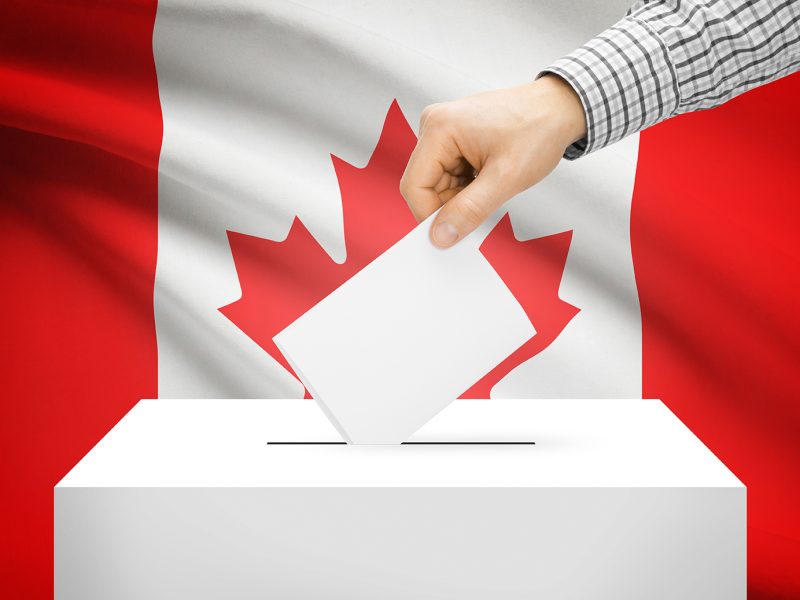The polls will be closed and a new government elected by this time next week, but that gives farmers and other voters time to decide which platform they’re willing to support.
A number of faces familiar with the agriculture sector’s priorities are on ballots in BC, including Abbotsford’s Mike De Jong, Chilliwack’s Mark Strahl, Langley’s Tamara Jansen, Kelowna’s Dan Albas and Coldstream’s Anna Warwick Sears.
Twelve parties have fielded candidates – including the Animal Protection and Rhinoceros parties, the latter having the fuller slate – alongside a number of independent candidates. However, the Liberal and Conservative parties are the front-runners to form the next government.
A glance at their platforms shows different emphases, with the incumbent Liberals prioritizing investments in food and water security as well as infrastructure and removing inter-provincial trade barriers.
The Liberals also explicitly promise to keep “supply management off the table in any negotiations” with the US, amid mounting trade and tariff concerns.
By contrast, the Conservative policy document voice support for international trade agreements while pledging to support a “viable” system of supply management that delivers “a high-quality product to consumers for a fair price with a reasonable return to the producer.”
However, it promises to include the agriculture sector in policy development.
“Agriculture policy must be developed only in consultation with the agricultural producers,” it says. “Our farmers today are business operators, and to dictate policy which might have an adverse effect on this business community would have negative consequences.”
An exchange between five party representatives hosted by the Canadian Federation of Agriculture (CFA) on April 17 saw pledges to protect supply management in future trade deals.
But if the end is the same, the means look different.
“While all five parties were supportive of Canada’s agriculture sector, they differed in their visions of its future and how to help the sector achieve its potential,” CFA said in a summary of the proceedings.
A flash point was around business risk management programs.
While the Conservatives say “support programs that actually work is a major priority,” the party’s platform says the programs must be financial responsible.
Meanwhile, the Liberals are literally doubling down on their support for the sector with a pledge to make permanent the doubling of revenue protection under AgriStability as well as the loan guarantee limit under the Canadian Agricultural Loans Act Program.
During the April 17 debate, Conservative party representative John Barlow said Liberal policies had increased costs for farmers, while Liberal agriculture minister Kody Blois noted that the Conservatives were the last government to make cuts to business risk management programs.
Canadians go to the polls on Monday, April 28.


 BC growers look beyond tariff turbulence
BC growers look beyond tariff turbulence